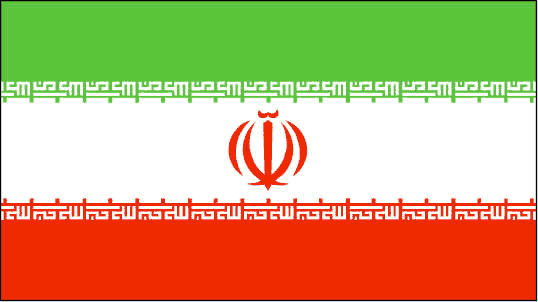Facing intense political pressure, with elections due in March, and economic and currency collapse brought on by sanctions, Iran has ratcheted up its military bluster in the Strait of Hormuz and sent conciliatory messages looking toward new talks on its nuclear program.
Meanwhile, Iran's regional support is dwindling as Syria's travails continue and its former clients look for other supporters. Military and diplomatic leaders seek to balance a firm line in response to threats to the economically vital strait while avoiding escalation that aids only extremists in Iran. They have gone out of their way as well to debunk a shoddy case for war that overstates Iran's regional power and understates the costs of force to the U.S., our economy and our allies.Iran proposes re-opening nuclear talks as its economy, currency reel from sanctions. The Iranian foreign ministry said yesterday that it plans to attend a meeting with international negotiating group known as the P5+1. The New York Times summarizes the pressures Tehran faces: "Iran's economy, already reeling from Western sanctions over its nuclear program, has been hit hard by discussion of new sanctions aimed at its oil exports, the world's third largest. President Obama signed new legislation on Saturday that could penalize buyers of Iranian oil, and the European Union has openly talked of a boycott of Iran's oil. On Tuesday, France urged the European Union to adopt stricter sanctions, including an oil embargo, by the end of the month. Iran's currency, the rial, fell to record lows against the dollar on Tuesday, news agencies reported. Oil prices rose sharply in trading on the New York Mercantile Exchange, with the benchmark contract for crude up more than 4 percent to $102.91 a barrel. The attempts by Iran's leadership to flex the country's muscles on the world stage coincide with efforts to stamp out dissent at home ahead of planned parliamentary elections in March, the first ballot to be held since a disputed presidential vote in 2009 prompted national protests and a severe crackdown." [ISNA,1/3/12. NY Times, 1/3/12.]
Pentagon pledges stability in Strait of Hormuz. Yesterday, in response to an Iranian threat to shut off the Strait of Hormuz, the Pentagon spokesman George Little stated: "The deployment of U.S. military assets in the Persian Gulf region will continue as it has for decades... These are regularly scheduled movements in accordance with our longstanding commitments to the security and stability of the region and in support of ongoing operations... The U.S. Navy operates under international maritime conventions to maintain a constant state of high vigilance in order to ensure the continued, safe flow of maritime traffic in waterways critical to global commerce... We are committed to protecting maritime freedoms that are the basis for global prosperity; this is one of the main reasons our military forces operate in the region." More
